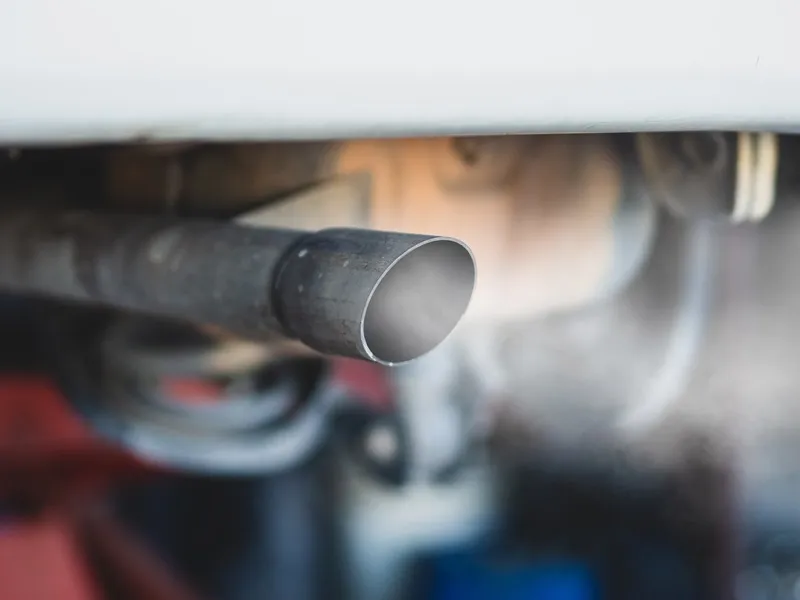The results of the latest traffic study from TomTom are in, revealing some of the most congested hotspots in Europe. Brussels is still topping the chart as the most congested city in Europe and congestion in the Belgian Capital is getting worse, showing a 1.2% increase in traffic since 2010.
April 20, 2012
Read time: 2 mins
RSSThe results of the latest traffic study from 1692 TomTom are in, revealing some of the most congested hotspots in Europe. Brussels is still topping the chart as the most congested city in Europe and congestion in the Belgian Capital is getting worse, showing a 1.2% increase in traffic since 2010.
The study also brings gloomy traffic news for the UK. Bustling capital city London - in spite of a 0.2% decrease in traffic - climbs up the rankings to take third place in the most congested city list, while Edinburgh and Manchester both feature in the top ten. In fact, a total of 16 UK cities feature in the top 50 - making the UK undoubtedly 2011's most gridlocked European country.
But it’s not all bad news. Six of the continent’s most congested cities have significantly reduced traffic since 2010. Polish city Wroclaw has seen a 2.6% drop, moving it down to fourth place out of 50. Meanwhile, Toulouse in France has reduced congestion by an impressive 1.9%, making it fifth in the rankings with 33% of roads congested in the city.
In comparison, the German city of Cologne sits at the bottom of the top 50; only 18.9% of its roads are congested. But Germany still features six times in the overall list.
The data shows that you'll have the most stress-free trip in Spain, Switzerland, Norway, Hungary, Ireland or the Czech Republic, each of which has only one city in the top 50.
The most positive change of all has been made by Ireland. While Belfast still sits at number 12, there has been a reduction of 2% in traffic congestion over the last year. And Dublin has reduced its traffic by a staggering 9.7% since 2010 – although at 24.2%, it's still got some way to go to beat traffic-efficient Cologne.
The study also brings gloomy traffic news for the UK. Bustling capital city London - in spite of a 0.2% decrease in traffic - climbs up the rankings to take third place in the most congested city list, while Edinburgh and Manchester both feature in the top ten. In fact, a total of 16 UK cities feature in the top 50 - making the UK undoubtedly 2011's most gridlocked European country.
But it’s not all bad news. Six of the continent’s most congested cities have significantly reduced traffic since 2010. Polish city Wroclaw has seen a 2.6% drop, moving it down to fourth place out of 50. Meanwhile, Toulouse in France has reduced congestion by an impressive 1.9%, making it fifth in the rankings with 33% of roads congested in the city.
In comparison, the German city of Cologne sits at the bottom of the top 50; only 18.9% of its roads are congested. But Germany still features six times in the overall list.
The data shows that you'll have the most stress-free trip in Spain, Switzerland, Norway, Hungary, Ireland or the Czech Republic, each of which has only one city in the top 50.
The most positive change of all has been made by Ireland. While Belfast still sits at number 12, there has been a reduction of 2% in traffic congestion over the last year. And Dublin has reduced its traffic by a staggering 9.7% since 2010 – although at 24.2%, it's still got some way to go to beat traffic-efficient Cologne.








